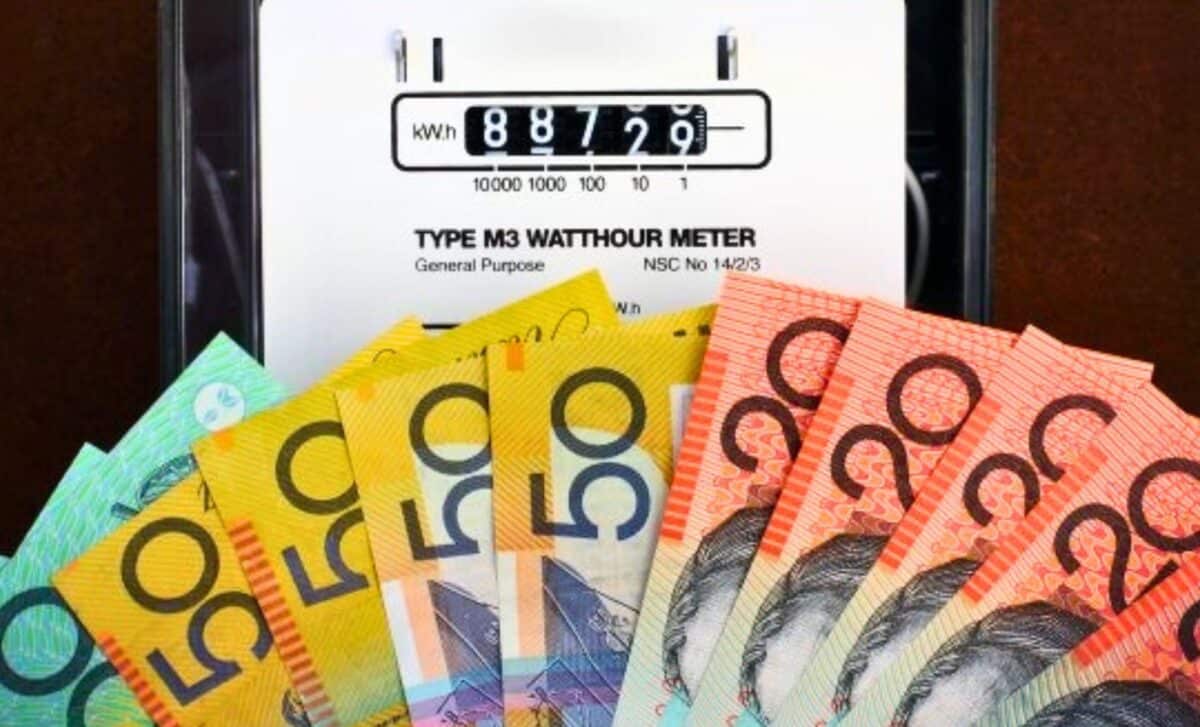The Australian government has unveiled a substantial $18 billion plan aimed at easing the burden of rising power bills on households and small businesses across the country. This measure, announced ahead of the federal election, seeks to extend existing energy bill rebates through two additional payments totaling $150. The relief effort is designed to provide immediate financial support while addressing inflationary pressures tied to energy costs.
Energy affordability remains a critical concern for many Australians, particularly as electricity prices are forecasted to rise later this year. By extending rebates, the government hopes to soften the economic impact on consumers and signal its commitment to managing cost-of-living issues in the lead-up to the election. The plan also highlights ongoing debates about the nation’s energy future and differing policy approaches between major political parties.
Extended Rebates to Reduce Household Expenses and Inflation
The new plan will deliver two installments of $75, extending a previous $300 energy bill rebate to continue through the end of 2025. These payments will be automatically applied to energy bills starting July 1, providing an average saving of 7.5 percent per household. Treasury estimates suggest the rebates could reduce inflation by half a percentage point, with Prime Minister Anthony Albanese emphasizing the importance of the relief in supporting Australians nationwide.
Albanese noted that in 2024, power prices fell by 25.2 percent, largely due to the effect of previous rebates. Without these interventions, prices would have dropped by only 1.6 percent. The government projects the $18 billion package will offer critical cost-of-living support at a time when many Australians face economic challenges.
Bipartisan Support Amid Election Season Debates
The Coalition has pledged to back the rebate program regardless of the election outcome, signaling bipartisan recognition of the importance of energy bill relief. However, Labor has not committed to extending the rebates beyond 2025, leaving future support uncertain. Opposition finance spokeswoman Jane Hume criticized Labor’s energy strategy, describing the reliance on rebates as a short-term fix rather than a sustainable solution.
Hume called for increased gas production and the extension of coal plant operations to address energy prices in the near term, alongside long-term plans for nuclear energy. The Coalition’s nuclear initiative involves constructing seven nuclear power plants by the late 2030s or 2040s, a plan which has faced scrutiny from both experts and Labor, who argue that Australia’s abundant wind and solar resources offer cheaper and cleaner alternatives.
Contrasting Vision for Australia’s Energy Future
Labor’s focus remains on expanding renewable energy sources such as wind and solar, which are widely viewed as the most cost-effective options for the country’s energy needs. The Coalition’s nuclear proposal is projected to cost taxpayers approximately $330 billion but is presented as a financially viable alternative to Labor’s renewable-centric approach.
This energy policy divergence represents a core element of the broader election debate, with each party emphasizing different strategies to reduce energy costs and achieve national sustainability goals. The long-term implications of these plans will influence Australia’s energy infrastructure and economic resilience.
I’m pleased to announce $150 off everyone's power bills, if reelected, delivering real support for Aussie families.
— Anthony Albanese ➐ Australian Labor Parody (@AlboIsPM) March 22, 2025
We initially aimed to lower bills by $275 a year, but due to unforeseen climate change, prices climbed by 56% instead.
pic.twitter.com/CKd0lOamKy
Recent polling indicates a close race between the two major parties, with Labor gaining ground in outer metropolitan electorates while trailing slightly in outer suburban areas. Opposition Leader Peter Dutton is scheduled to deliver his budget reply speech, with expectations that he will unveil significant election pledges, potentially reshaping the campaign dynamics.









